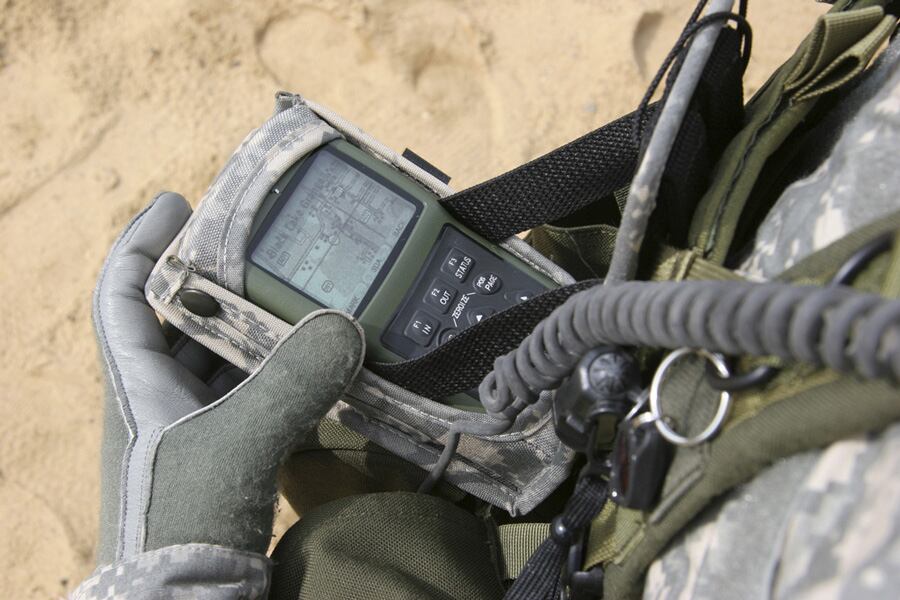The beginning of 2020 was an exciting time for our company; we had just announced we would acquire two high-performing new businesses out of the Raytheon and United Technologies Corporation merger. None of us could have predicted that just weeks later, the majority of our 88,000 employees around the world would be working from home as, like so many companies, we grappled with the unprecedented impact of a global pandemic.
Like all businesses, we’ve experienced challenges this year, especially in the areas that support civil aviation. We’ve had to adapt and make difficult decisions, but thanks to the actions we’ve taken to enhance the resilience of our business and the remarkable fortitude of our people, we’ve continued to deliver on our customers’ priorities while keeping our people safe.
While COVID-19 clearly caused disruption in the second quarter, since then most of our defense businesses have been operating with well over 90 percent of employees working. The willingness of our customers to maintain cash flow into our businesses also enabled us to support our suppliers — including small and medium-sized companies — through the pandemic.
Collaborative partnership with our customers has been essential to the defense industry’s ability to press ahead over the past year. It remains essential as we move forward through 2021 and face an uncertain global environment with complex threats. It’s only by industry and government working closely, understanding each other, and maintaining trust that we’ll be able to innovate quickly to outpace the threats. As governments commit to increased spending on defense in countries such as Australia, the U.K. and several European nations, the defense industry must rise to the challenge.
RELATED

Our sector not only provides critical capability for a nation’s security — we deliver real benefits to the economy by sustaining and creating highly skilled jobs through investment in research and technology and through exports. I strongly believe we can have a key role to play in restoring the economies of the countries in which we operate.
For our part in 2021, we’ll continue to invest in skills and in new technologies that are vital to maintaining our strong positions on next-generation capabilities across the air, maritime, land and cyber domains.
In the U.S. market, we continue to stay well-aligned to the U.S. National Defense Strategy and are investing heavily in modernizing facilities and using new technologies. For example, we’re deploying new virtual manufacturing and robotic welding in our combat vehicle production. While the new administration’s priorities are not yet clear, we expect to stay well-aligned, given our work focused on combat vehicles, precision-guided munitions, naval ship repair and modernization, electronic warfare, hypersonics, space resilience, and security.
In the U.K., the announcement of increased funding for the Ministry of Defence provides welcome stability. The submission of the outline business case for Tempest at the end of 2020 was another significant step in this hugely exciting project to deliver a next-generation future combat air system. Working with our partners and supply chain, we’re using cutting-edge technologies to transform how we design, develop and manufacture, helping to reduce time and cost. We’ll ramp up the number of people we have working on the program through 2021, including apprentices and graduates, as part of our commitment to recruit 1,250 trainees across the U.K., despite the pandemic.
In Australia, we’re excited to have begun work on the prototype for the Hunter-class frigate — an Australian version of the U.K.’s Type 26. We recently recruited the 1,000th Hunter employee and expect to recruit up to 1,000 more people, including apprentices and graduates, in 2021 as the program continues to ramp up. Working with our partners and customer, we’re supporting Australia to develop its sovereign defense capability to deliver on the country’s recently published 10-year defense strategy.
It’s been a challenging year of trying to stay connected while maintaining physical distance; the inability to travel to our businesses around the world and meet our people and our customers is something I’ve found frustrating at times. But if we continue working closely with our partners to use the lessons we’ve learned in 2020, particularly regarding our agility, resilience and efficiency, this industry can play an increasingly important role in restoring our battered economies, while keeping citizens safe and economies prosperous.
Charles Woodburn is the CEO of BAE Systems.







